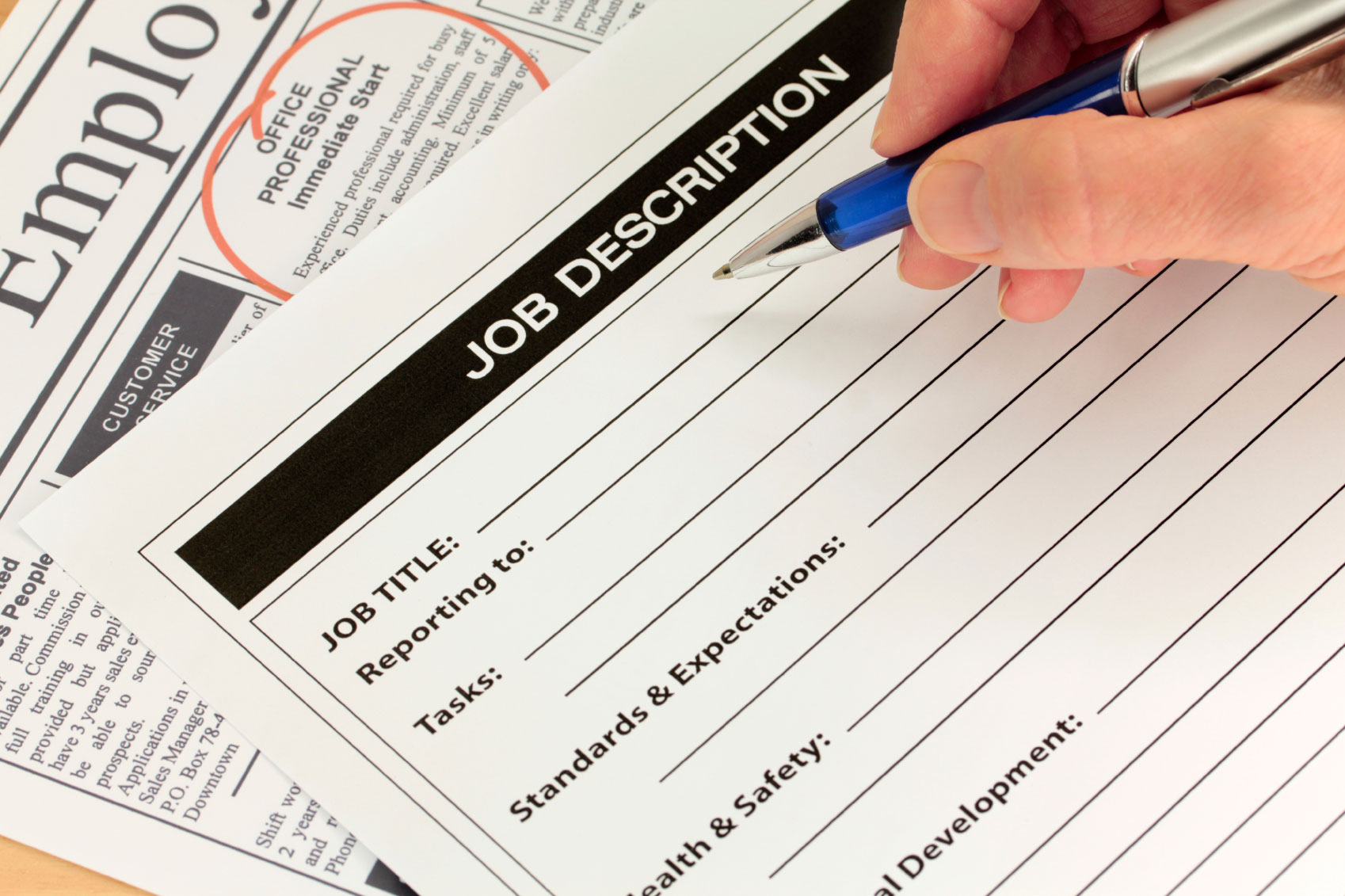How to Boost Restaurant Sales in January
/January is typically a slow month for most industries, and the hospitality industry is no exception. People are more cash-strapped after the holiday season, so spending will be down a bit. However, you can still bring in sales if you market and promote your restaurant properly. Here are some ideas to boost your restaurant numbers during this time:
#1: Winter food and drink menu
Create a specific menu for the winter season. Incorporate warm, hearty foods, like soups and stews, in the food menu. Comfort foods are popular choices during the colder months. Don't forget about the bar as well. Get creative with specialty cocktails to entice happy hour-goers to come in.
#2: Seasonal events and entertainment
Encourage diners to eat at the restaurant by offering live music and/or entertainment. You can also host seasonal events or game/trivia nights to entice customers.
#3: Special deals and prices
Offering special prices is another great way to increase sales and traffic. For example, if you notice lunch service is quiet, think about providing a lunch hour deal. Determine the time period (i.e.: 11 AM–2 PM) and specify that diners have to eat in. In addition, consider having a prix fixe menu, with set appetizer-entree combinations. These fixed-priced values are good for both your business and diners alike.
#4: Take out/delivery
Again, the cold weather means people rather stay in than dine out. Cater to those people and provide takeout/delivery service. You can offer deals and discounts here as well, like free delivery after $20 or $5 off $25 order.
#5: Participate in Restaurant Week
If possible, be a part of Restaurant Week. This is a great opportunity for diners to experience your restaurant, which may be usually out of their price range. These patrons can potentially come back and become repeat customers in the future.
LOOKING TO WORK IN HOSPITALITY?
DISCOVER WHO'S HIRING ON HARRI
Follow Harri on Facebook and Twitter
for real time job posts and industry news.
















